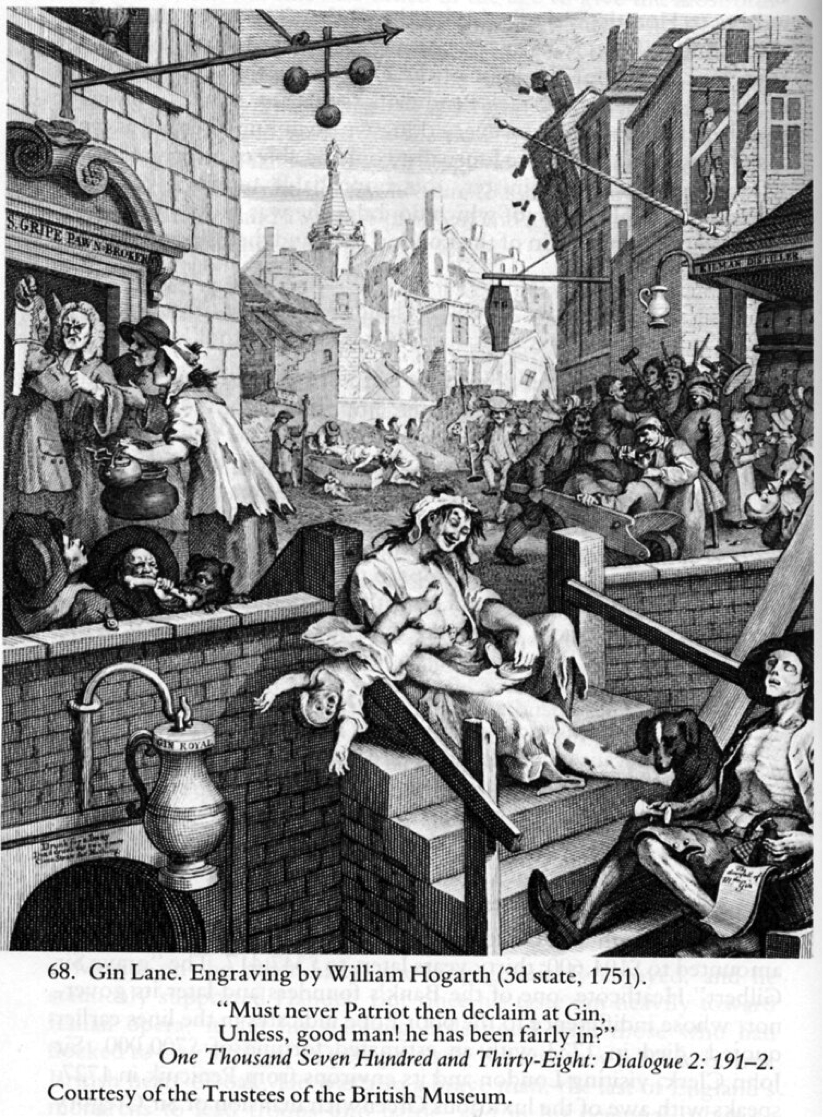City Know-hows

Target audience
City licensing and alcohol officers and committee members
The problem
In England, Local Public Health teams are now able to table objections to the granting of new licence applications for the sale of alcohol. For an objection to be valid however, it must be based on one or more licensing objectives which in England does not include health. This can effectively render any health-related evidence to be inadmissible and bring into question the legitimacy of public health input.
What we did and why
We examined the prospects for incorporating health related evidence into the alcohol license decision making process in a purposive sample of seven English local authorities. We wanted to establish if firstly it might be feasible to include health information under the existing licensing objectives or if there was a case that could be made for a separate new fifth objective around health and the advantages that might bring.
Our study’s contribution
Constraints in using health information in alcohol licence decision-making are not restricted to the presence or absence of a dedicated Health as an Alcohol Licensing Objective (HALO) policy.
While such an policy might enhance the legitimacy of public health input, improved access to localised health information, stronger collaborative working with other stakeholders and training in how to contextualise evidence for local council committees will all be critical to improving local alcohol harm reduction through licensing.
Impacts for city policy and practice
The capacity to impose restraints on the availability of alcoholic beverages represents a key strategy in reducing alcohol harms and improving city well-being. We would stress that raising awareness of the wider health harms of alcohol in addition to its acute impacts such as crime and disorder, can improve the prospects for controlling availability. Though, the evidence needs to be contextualised and accessible for local licensing committees.
Further information
Findings from the pilot of the analytical support package for alcohol licensing; Executive summary
Alcohol licensing in England and Wales: is it fit for purpose? AHA_Licensing_leaflet v5
Full research article:
Assessing the feasibility of using place-based health information in alcohol licensing: case studies from seven local authorities in England by John D Mooney, Zeibeda Sattar, Frank deVocht & Jonathan Ling.
Related posts

High-rise apartment buildings are increasingly popular in large cities, however, urban land availability for outdoor communal spaces is limited. Creating communal spaces for high population density is a challenging task. Past research indicates the importance of the immediate environment in stimulating social interaction and the spatial organization for social activities can play an important role. One may ask whether the design of communal spaces within high-rise buildings can stimulate social interaction among residents.

Park access is about more than just distance to get to the park.

Although the CASE and MAPs were supposed to be temporary shelters for displaced persons, after fourteen years, they have not received proper maintenance and are dilapidated. This scenario opens to the idea that living in these places could negatively affect different psychological aspects, including perceived urban quality and environmental well-being.